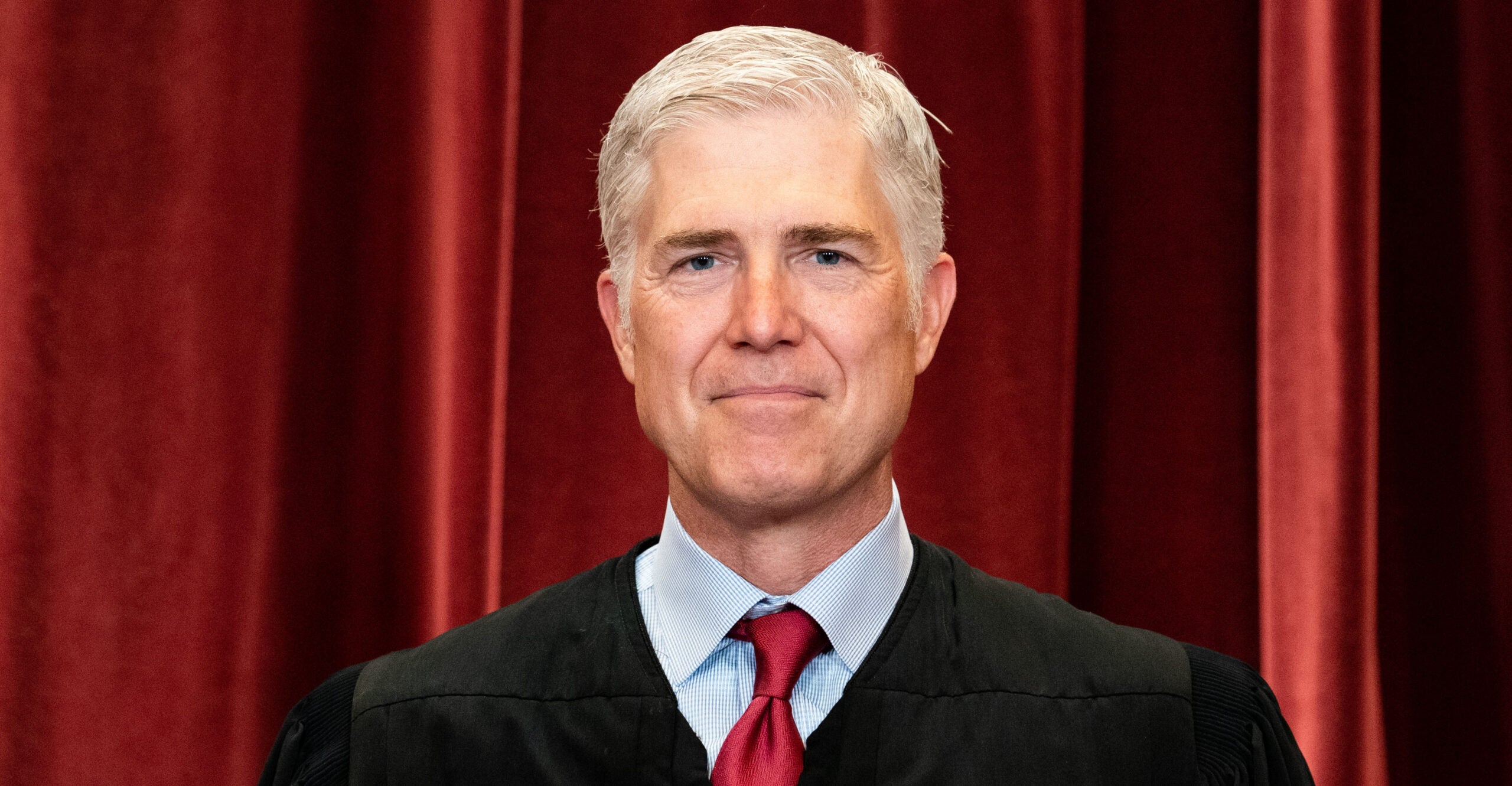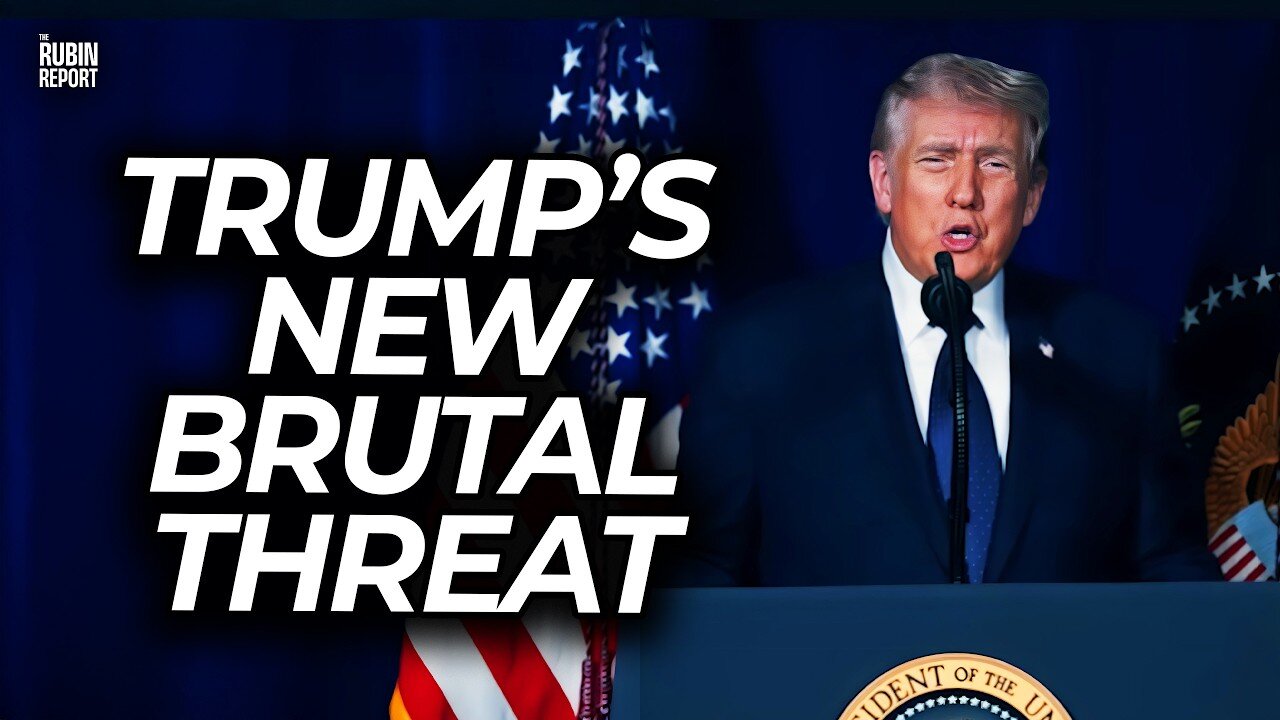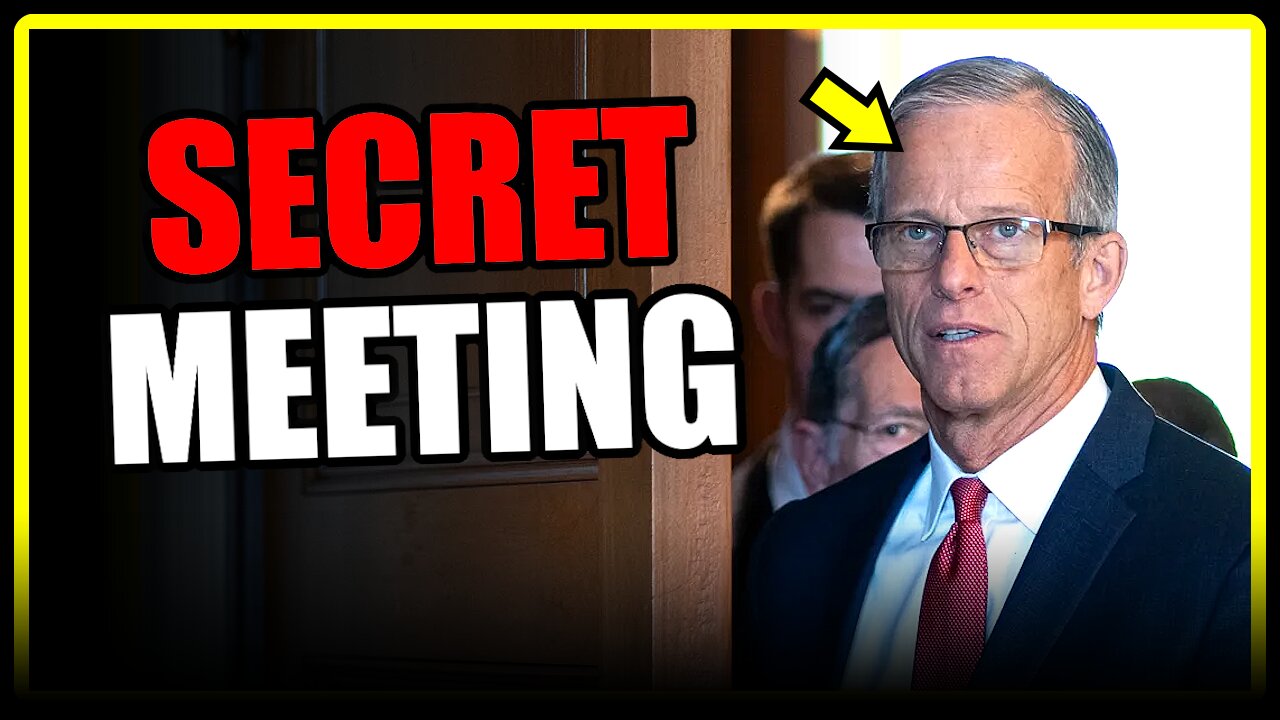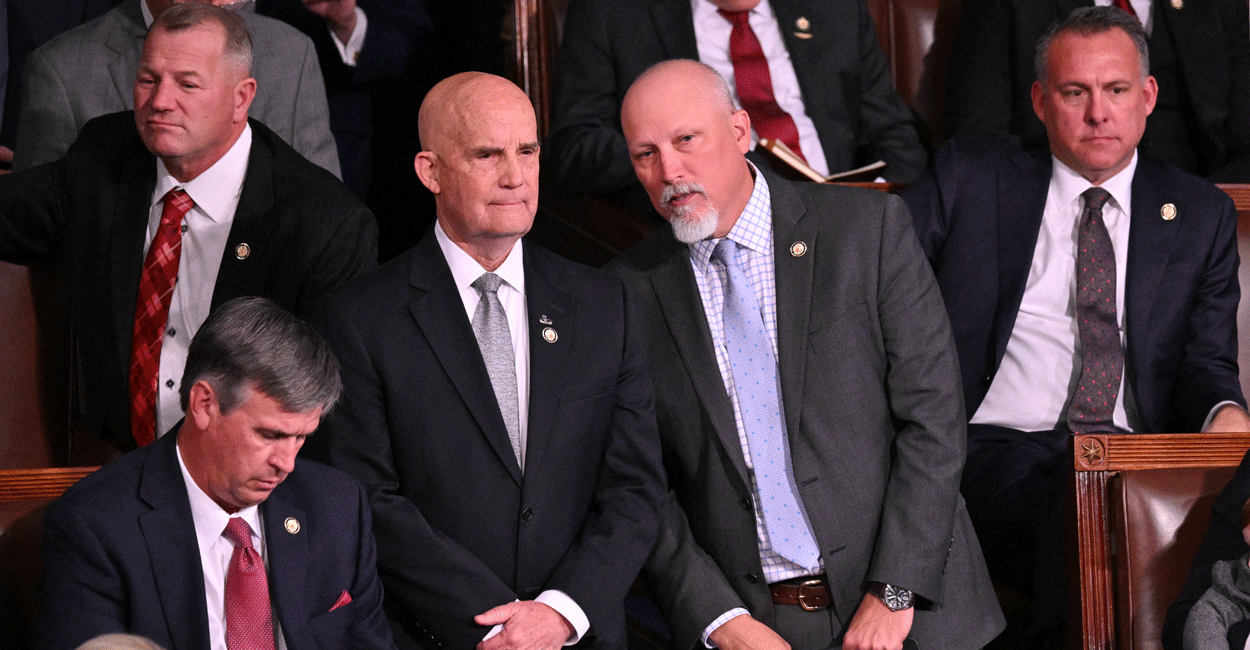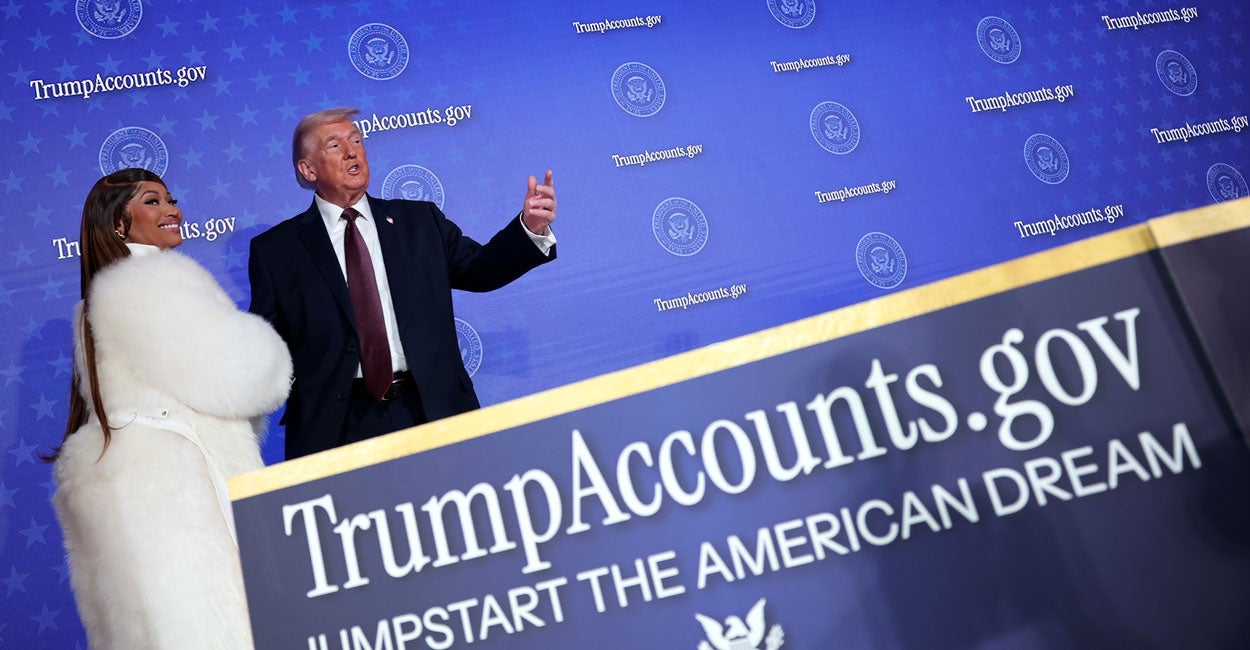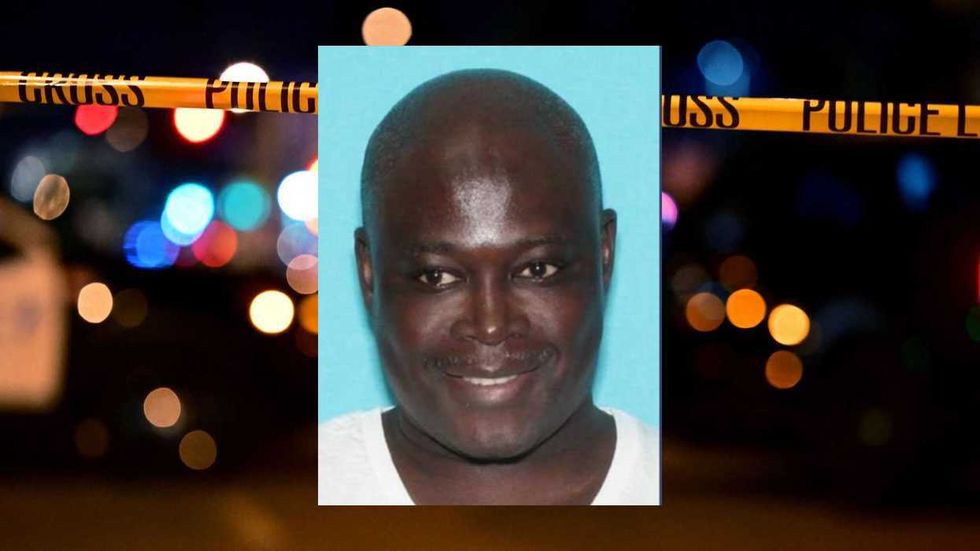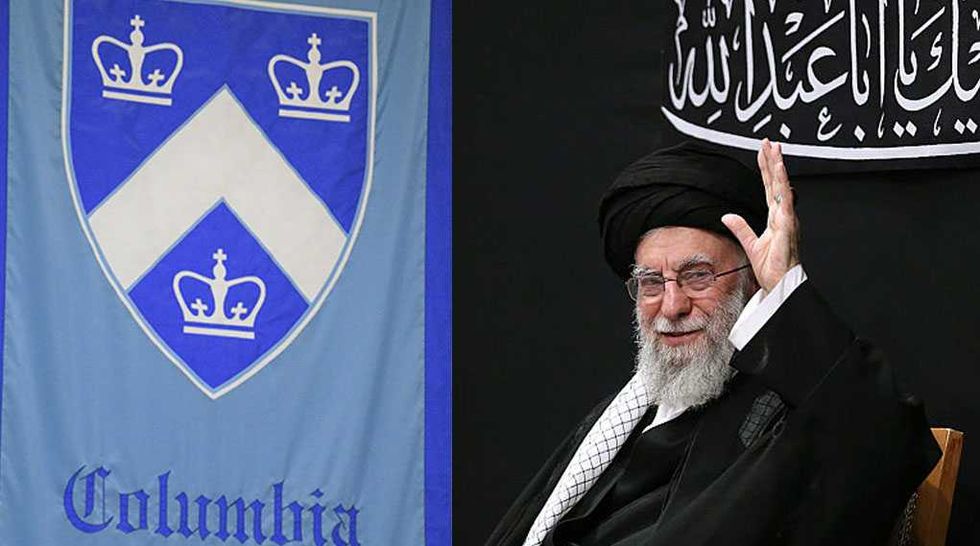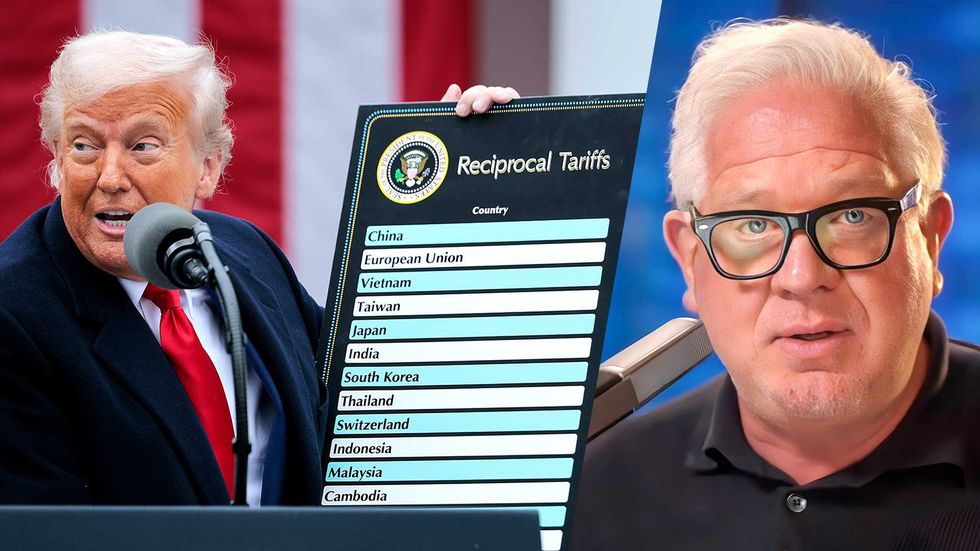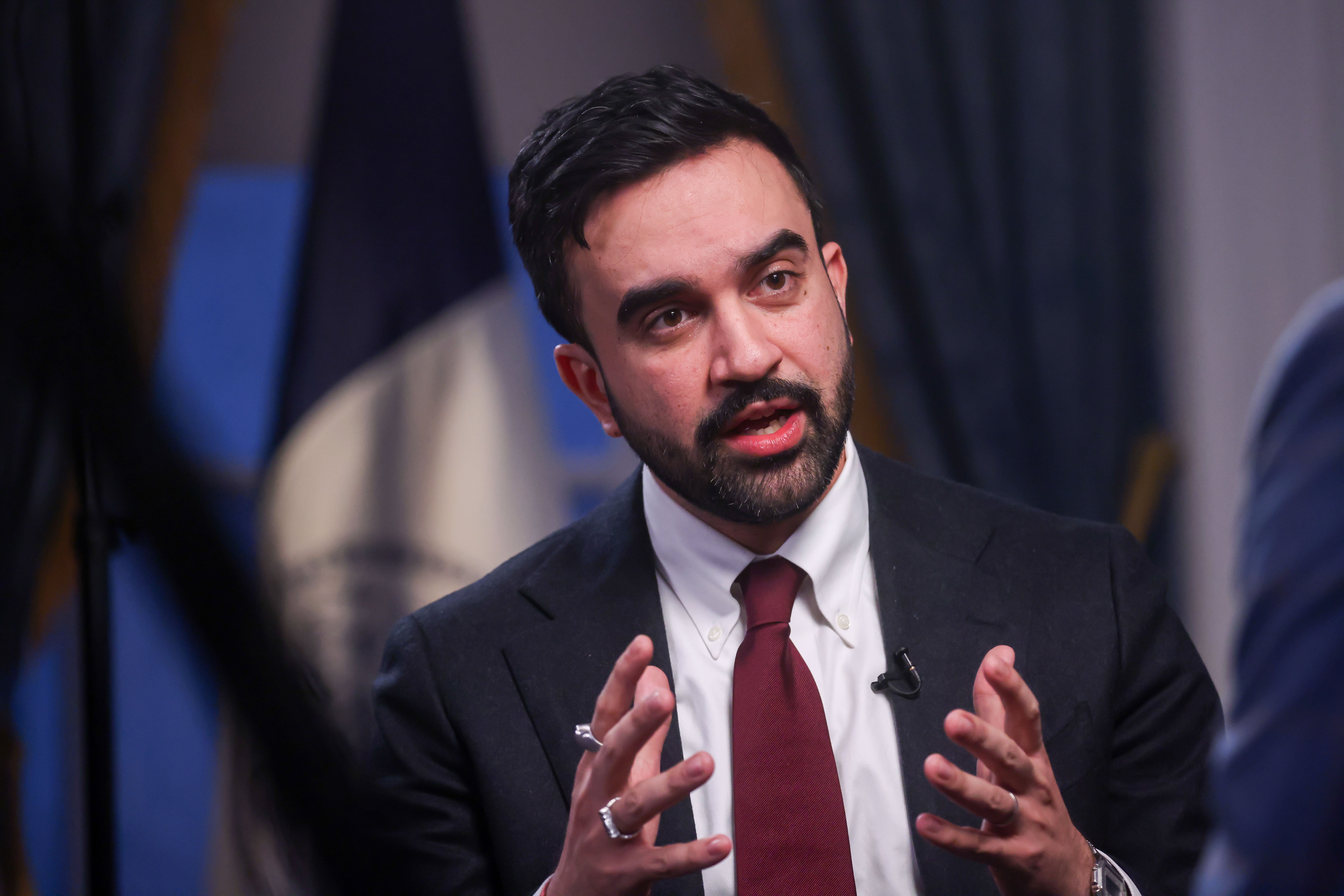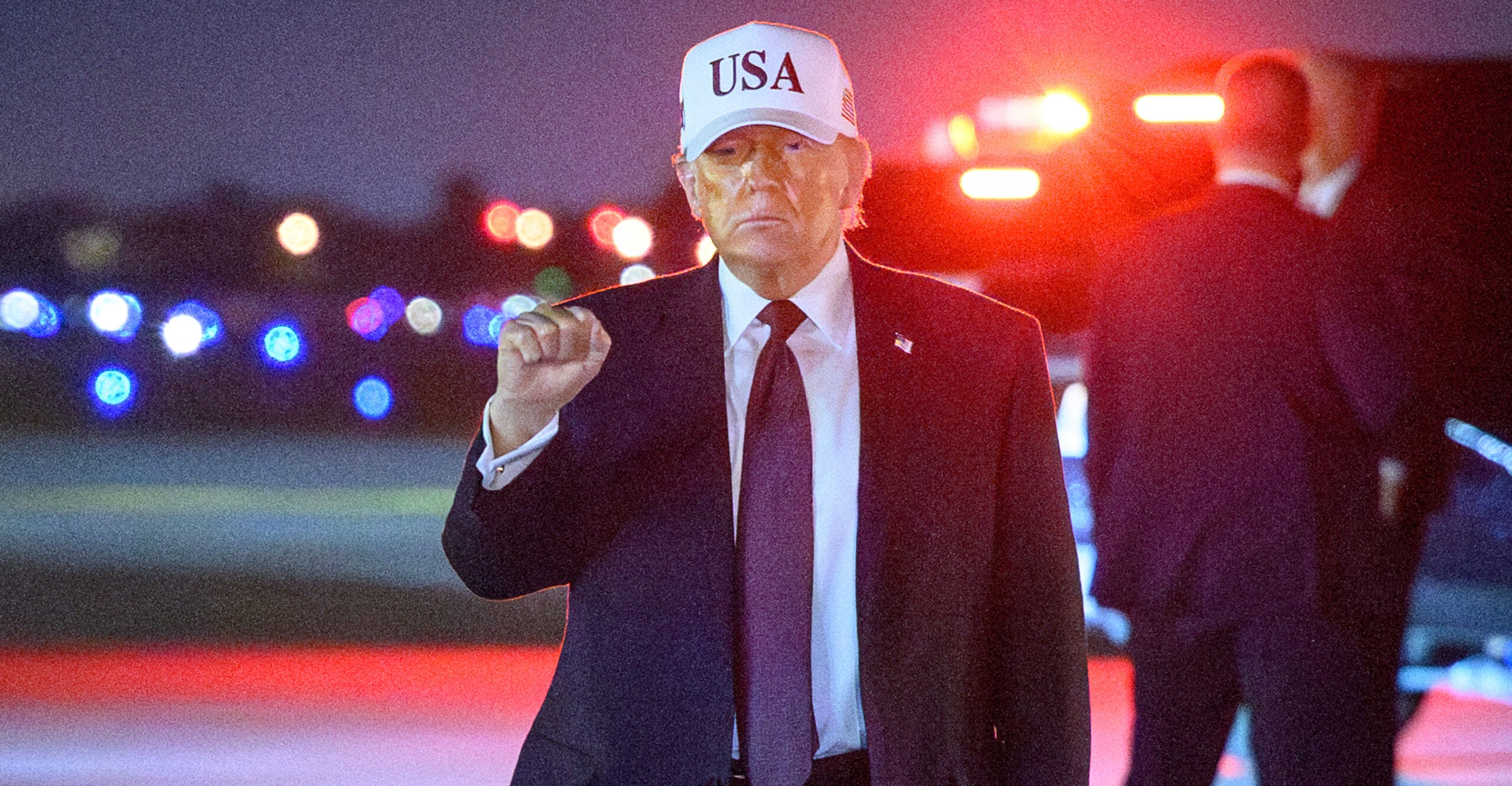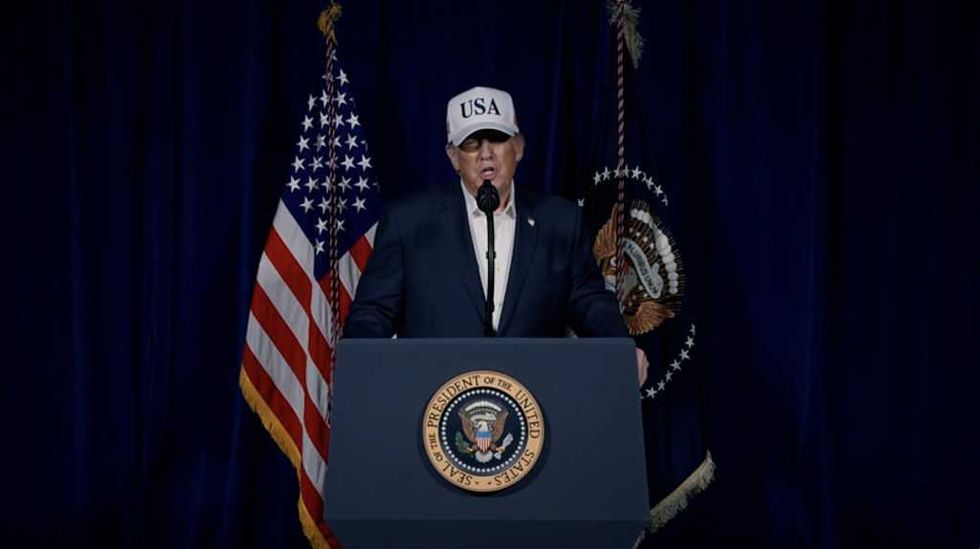When a President Defies the Courts
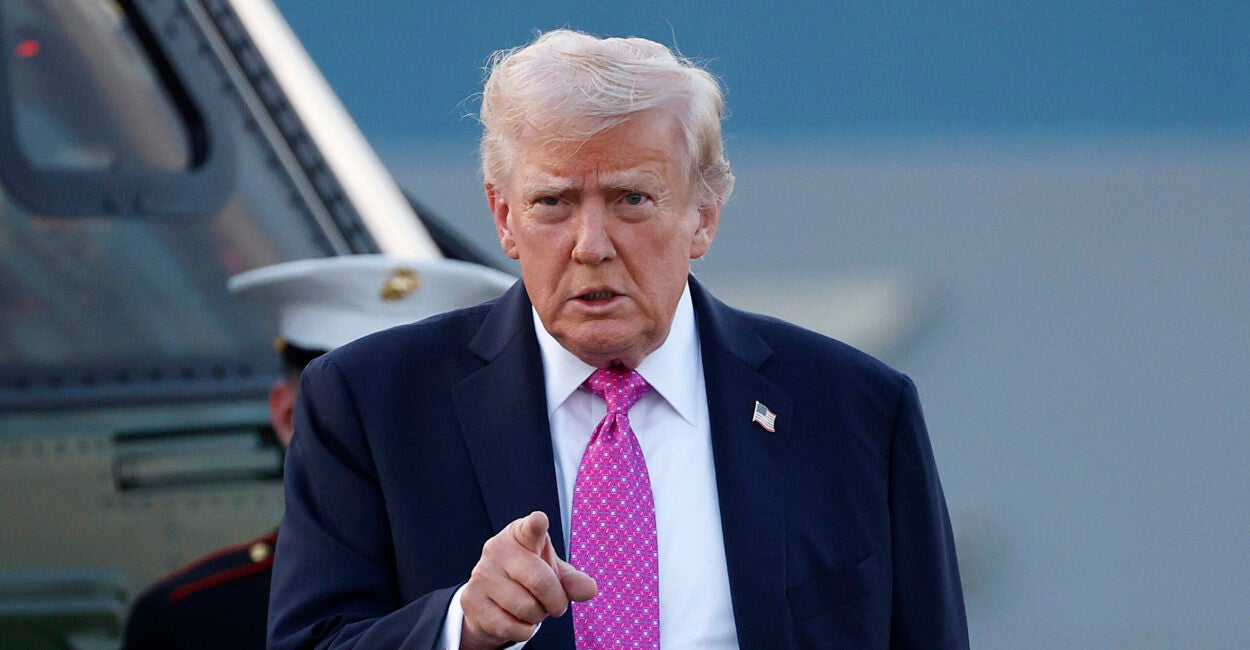
Imagine a president refusing to follow a court order.
Live Your Best Retirement
Fun • Funds • Fitness • Freedom
No, I’m not talking about President Donald Trump. Despite his critics’ frequent claims to the contrary, his administration has not disobeyed any of the court orders issued in litigation filed against it—including the many unjustified injunctions issued by ideologues masquerading as federal judges.
No, the president who defied a Supreme Court chief justice and questioned the assumption that the court has the final word on the constitutionality of government actions was the Great Emancipator himself, Abraham Lincoln.
Everyone seems to have forgotten the fierce arguments over constitutional power and authority that ensued when Lincoln refused to comply with an order issued by Chief Justice Roger B. Taney. Lincoln argued that the latter’s interpretation of a very specific constitutional provision was wrong.
Interestingly enough, that dispute involved an issue currently seen as a bone of contention in the fight over illegal criminal aliens: habeas corpus.
Habeas corpus is a legal term that refers to a writ (court order) requiring that an individual under arrest be brought before a judge to determine if the arrest and detention is lawful. The power to grant such a writ is provided to federal judges by 28 U.S.C. § 2241. Article I, Sec. 9, cl. 2 of the U.S. Constitution provides that “The Privilege of the Writ of Habeas Corpus shall not be suspended, unless when in Cases of Rebellion or Invasion the public Safety may require it.”
On April 27, 1861, Lincoln suspended this writ and gave military authorities the power to arrest and imprison anyone they considered a threat—without indictment or arraignment in a court of law.
This occurred two weeks after Southern forces fired on Ft. Sumter. Notably, Congress neverissued a declaration of war during the entire “Recent Unpleasantness Between the States,” as gentile Southern ladies used to refer to it.
The suspension was directed at individuals in Maryland whom Lincoln suspected of being involved in trying to have the state secede. One of those arrested and imprisoned by military authorities at Fort McHenry (home of the “Star Spangled Banner”) was suspected secessionist Johnny Merryman, a planter and state legislator.
Merryman filed a habeas petition in federal court that was assigned to Taney, who was the circuit court justice handling matters arising in Maryland. Taney was, of course, the author of the infamous Dred Scott (1857) decision.
In Ex parte Merryman, Taney opined that “one of those points of constitutional law upon which there was no difference of opinion,” is that only Congress, not the president, has the constitutional authority to suspend the writ of habeas corpus. He severely chastised Lincoln, saying that the president’s use of “military power” to “usurp” the Constitution meant that “the people of the United States are no longer living under a government of laws, but every citizen holds life, liberty, and property at the will and pleasure of the Army officer, in whose Military District he may happen to be found.”
Taney issued a writ ordering that Merryman be brought before him, an order that Lincoln and General George Cadwalader, who commanded Fort McHenry, ignored. In a message sent to Congress on July 4, 1861, Lincoln directly disputed Taney’s claim that only Congress, and not the president, could suspend habeas corpus when “public safety” was threatened by a “dangerous emergency.”
Even earlier, though, in his inaugural address in March, Lincoln questioned the idea that the Supreme Court has the final word on all issues, especially in a government of coequal branches:
The candid citizen must confess that if the policy of the Government upon vital questions affecting the whole people is to be irrevocably fixed by decisions of the Supreme Court, the instant they are made in ordinary litigation between parties in personal actions, the people will have ceased to be their own rulers, having to that extent practically resigned their Government into the hands of that eminent tribunal.
The conflict between Lincoln and Taney’s interpretations was bypassed in 1863 when Congress passed the Habeas Corpus Act, which specifically gave Lincoln the power to suspend the writ. In a proclamation issued in Nov. 1863, Lincoln then did so for the duration of the conflict.
The writ of habeas corpus was suspended again on several other occasions.
In 1871, President Ulysses S. Grant suspended it in South Carolina when he used both U.S. Marshals and the 7th U.S. Cavalry to go after the Ku Klux Klan. In 1905, President Theodore Roosevelt suspended it in the Philippines after the U.S. took the country from Spain. Habeas corpus was also suspended in Hawaii during World War II.
No one is recommending that the president disobey legitimate judicial orders issued by U.S. courts. But the proper balancing of the three branches’ coequal authority to interpret the Constitution remains up for debate. If we hope to protect our democratic republic today, it’s worth considering how our nation addressed the issue in the past.
The post When a President Defies the Courts appeared first on The Daily Signal.
Originally Published at Daily Wire, Daily Signal, or The Blaze
What's Your Reaction?
 Like
0
Like
0
 Dislike
0
Dislike
0
 Love
0
Love
0
 Funny
0
Funny
0
 Angry
0
Angry
0
 Sad
0
Sad
0
 Wow
0
Wow
0

